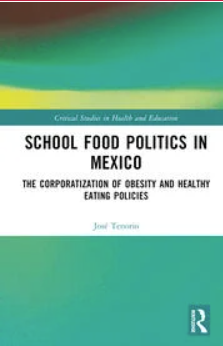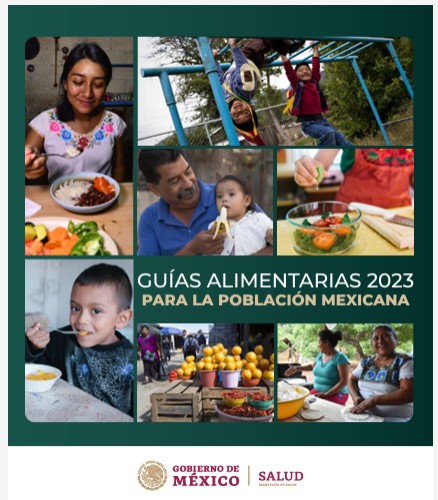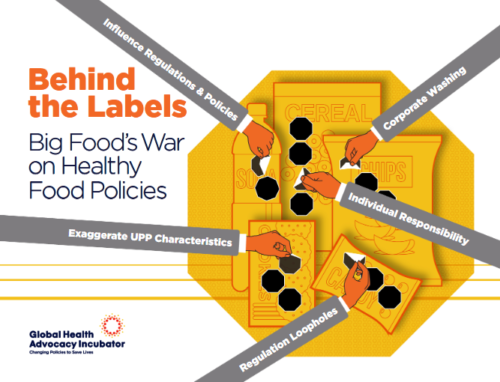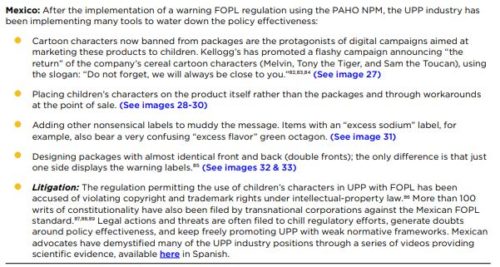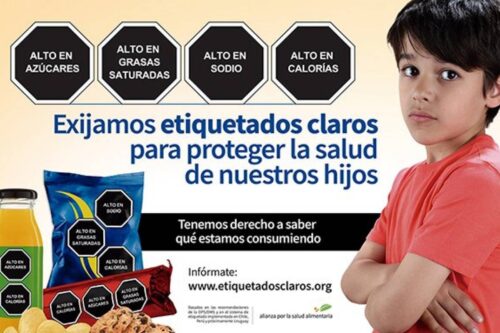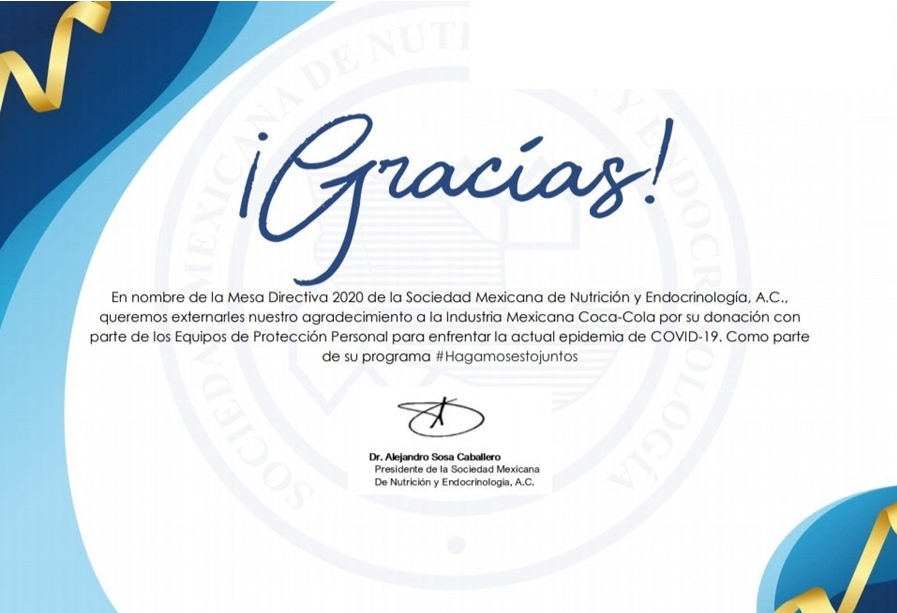What I’m reading: Mexico’s nutrition law
I was interested to see this article in The Lancet: Mexico’s bold new law on adequate and sustainable nutrition.
Mexico’s new General Law on Adequate and Sustainable Nutrition (Ley general de Alimentación Adecuada y Sostenible) is a substantial step towards transforming food systems to address NCDs and promote environmental sustainability… It enshrines the human right to food…It prioritises health, environmental stewardship, water access, children’s health, enhanced food supply and distribution, the promotion of nutritious food, reduced food loss and waste, food provision in crisis situations, and social participation in food strategies…>It includes specific goals such as the prevention of diet-related non-communicable diseases (NCDs) and the mitigation of global warming….
…The law must be protected from undue commercial determinants. Powerful individuals and organisations in the food industry can both benefit and harm human health and the environment. Although the law promotes multistakeholder engagement, it also includes safeguards against undue influence.
Article 4 describes that the right to food includes biocultural wealth, emphasizing gastronomic diversity and agrobiodiversity, as well as the link between food and culture.
Article 5 obligates the state to fulfill the terms provided in the law with international treaties on human rights to which Mexico is a party.
Article 16 describes that students enrolled in elementary schools have the right to receive adequate food in school establishments, free of charge or at affordable prices for their families, according to their conditions of vulnerability and considering the economic situation of the geographical area in which they are located.
Article 21 involves mandatory warning label requirements for products that contain GE ingredients.
Article 22 mandates that food producers and distributors provide information requested by any individual regarding the inputs or processes used to generate their products or services.
Article 24 describes that the Secretariat of Health (SALUD) will suggest the content of food staple baskets in the states to include cultural relevance.
Article 25 describes that SALUD will determine regional food staple baskets with a priority on food that is produced locally or regionally, according to season, derived from sustainable production, and that are part of the diets in a specific region by culture and tradition.
Article 28 gives preference to state purchases of food from local or regional producers of small and medium scale, including farmers in home or backyard gardens.
Article 36…will establish a list of harmful substances based on the current regulatory and legal framework taking into consideration the principles of precaution, prevention, and sustainability. The use of substances deemed harmful to health and the environment in the production, transportation, storage, or packaging of food of any kind is prohibited.
Article 37 describes that the government, within the scope of its power, will incorporate at least 30 percent of purchases of food and primary supplies directly from small and medium-scale producers within budgetary limits.
Article 44 states that the guiding principles of the national food policies, programs, and actions which guide food production much include assurance of self-sufficiency, biodiversity, and agrobiodiversity in production.
Article 50 describes that the State and the state agencies shall jointly decide on the location of these warehouses, considering the necessary criteria for the security of the reserves and the efficient transport of food to the population affected.
Articles 56 through 63 describe the powers of SINSAMAC, an agency that will develop national food policy.
If Mexico can pass legislation like this, shouldn’t we do this too?

